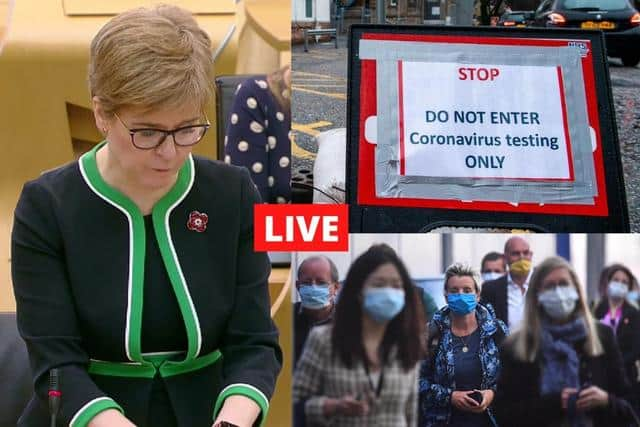Coronavirus in Scotland RECAP: 289 new cases of Covid-19 reported and five further deaths
Live updates on Covid-19 in Scotland, the UK, and around the world.


Hello, and welcome to our live blog for Wednesday, April 7.
Follow along here to stay up-to-date with the latest developments on the coronavirus crisis.
A message from the Editor:
Thank you for reading this article. We're more reliant on your support than ever as the shift in consumer habits brought about by coronavirus impacts our advertisers.
If you haven't already, please consider supporting our trusted, fact-checked journalism by taking out a digital subscription.
Comments
0 comments
Want to join the conversation? Please or to comment on this article.